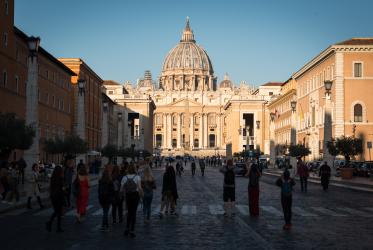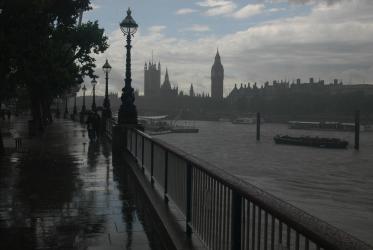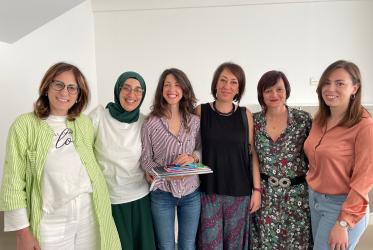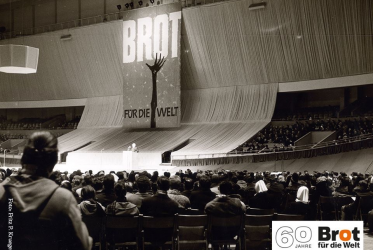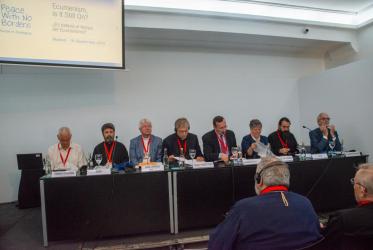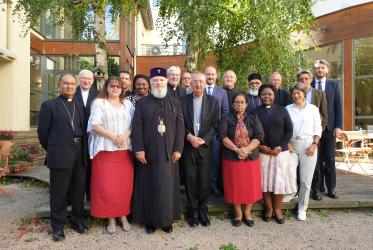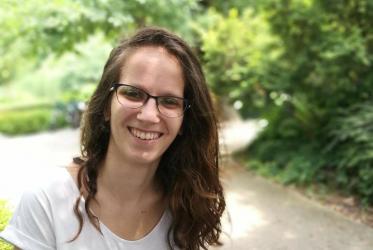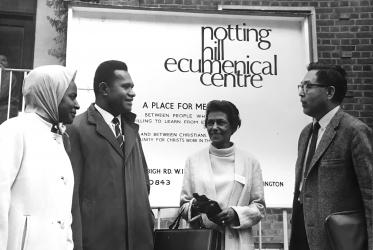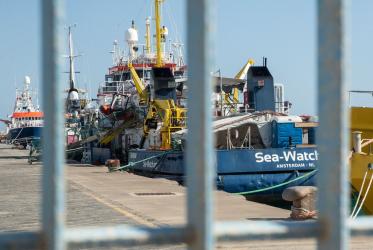Displaying 1 - 20 of 114
WCC general secretary urges unified transformative action
25 January 2020
Markus Imhoof film receives human rights award
10 October 2019
Pope Francis expresses “fraternal closeness” with Waldensian Methodist
09 September 2019
‘European humanitarian corridor’ proposed
02 May 2019
WCC expresses sadness, solidarity after Notre Dame fire
16 April 2019
WCC celebrates life of Archbishop John Habgood
18 March 2019
